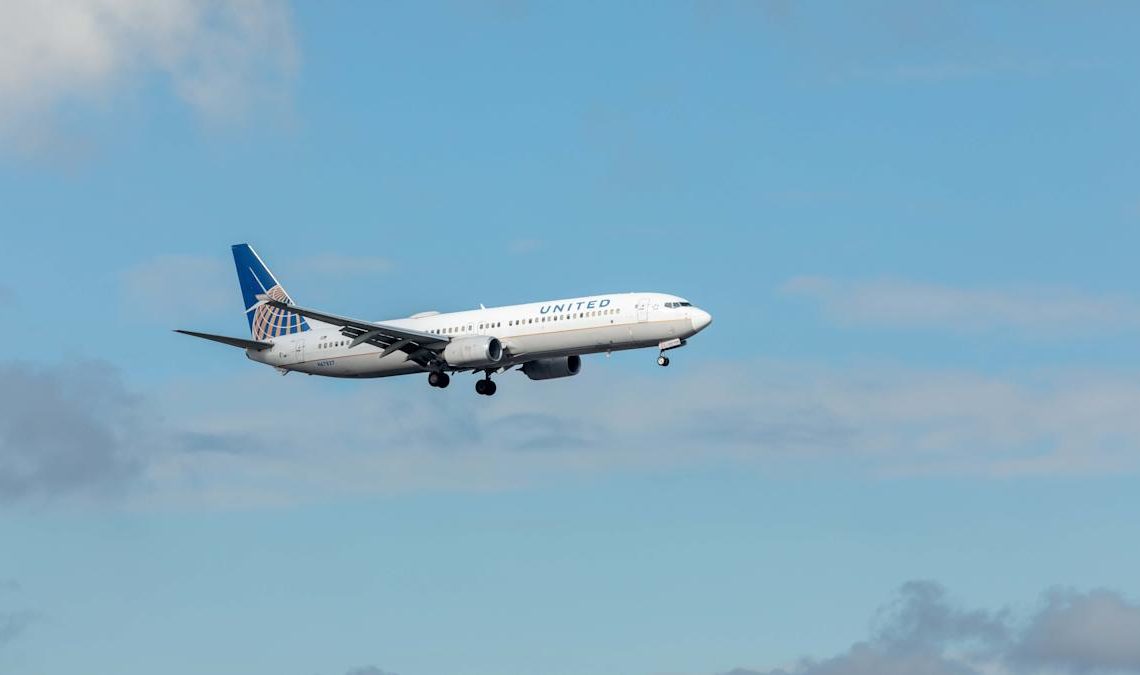If you’re traveling this summer, brace yourself for an important shift in airport check-in rules. Airlines are updating their check-in deadlines in real-time, signaling a new era of tighter airport schedules in hopes of improving on-time departures.
But what exactly do these new check-in policies mean for you as a traveler? Why are they happening now? And what can you do to make sure you don’t miss your flight?
What’s up with these new check-in rules?
Earlier this year, Delta Air Lines adjusted its domestic check-in cutoff from 30 minutes to 45 minutes before departure for most U.S. flights. International flights still require check-in at least 60 minutes before departure, but the window to check bags has also tightened in some airports.
This week, United Airlines silently updated their check-in policy: passengers must now check in no later than 45 minutes prior to takeoff for domestic flights. The airline said the change aims to bring greater consistency across its operations and align more closely with other major carriers.
These aren’t isolated updates. Other carriers, including American Airlines and Alaska Airlines, have also been reinforcing existing policies or sending reminders to travelers about the importance of early arrival, indicating a broader industry push toward punctuality.
Why airlines are silently updating check-in rules now
The move to stricter check-in policies isn’t arbitrary. Airlines are facing mounting pressure to improve on-time performance and reduce costly delays, especially as travel rebounds post-pandemic. Here’s why it matters:
-
Tighter schedules, bigger crowds: With more flights and fuller planes, a few late passengers can trigger a domino effect of delays, costing airlines money and frustrating travelers.
-
Gate congestion: Airlines want to avoid last-minute baggage drops and rebookings that cause congestion at gates and customer service desks.
In short, when passengers check in late, it doesn’t just affect their own flight; it can ripple across the entire day’s schedule.
What passengers need to know to stay prepared
With airlines enforcing stricter policies, it’s more important than ever to arrive early and understand the fine print of your carrier’s rules. Here are a few traveler-friendly tips from Gate Access:
Check in online first
Most airlines allow online check-in 24 hours before departure. Doing this ahead of time reduces time spent at airport kiosks and lets you spot any travel alerts. Try setting a calendar reminder on your phone to send you a notification to check in early. Doing so can also improve your boarding group for some airlines.
Arrive 2 hours early (yes, really)
Airlines recommend arriving at least two hours before domestic flights and three hours before international flights. This is especially critical if you’re checking bags.
And don’t forget: TSA screening lines can be a major variable. Even with TSA PreCheck, some airports report wait times as long as 30–45 minutes during peak hours. Regular security lines can take even longer.
To avoid surprises, visit your airport’s website ahead of your flight; most now offer real-time TSA wait time estimates. Knowing this data can help you better plan your arrival time and reduce stress.
Know the bag drop deadlines
Even if you’re checked in online, bag drop counters close at the same time as check-in deadlines. Showing up late with a bag means you could be denied boarding.
Download your airline’s app
These apps often send push notifications with updates on gate changes, boarding times and policy changes.
Ultimately, early arrival isn’t just about airline check-in deadlines — it’s about building in margin for TSA and other variables that can’t be controlled once you step into the terminal.
Awareness is key
The worst time to find out you’ve missed the check-in window is when you’re standing in front of a closed bag-drop counter. With check-in rules becoming stricter across the board, travelers can no longer believe in “airport theory”.
If you’re flying Delta, United or any major U.S. carrier this year, assume you need to be checked in at least 45 minutes before departure — and ideally, much earlier. The days of rolling up to the airport 30 minutes before your flight are officially over.
For families, seniors and those who need extra assistance, services like TSA Cares can help smooth the experience, offering personalized security support and expedited help through the airport.
Ultimately, being informed is your best defense against delays. A few extra minutes in arrival can mean the difference between a relaxing trip and a travel nightmare.
The post Why are airlines changing check-in rules? appeared first on .



